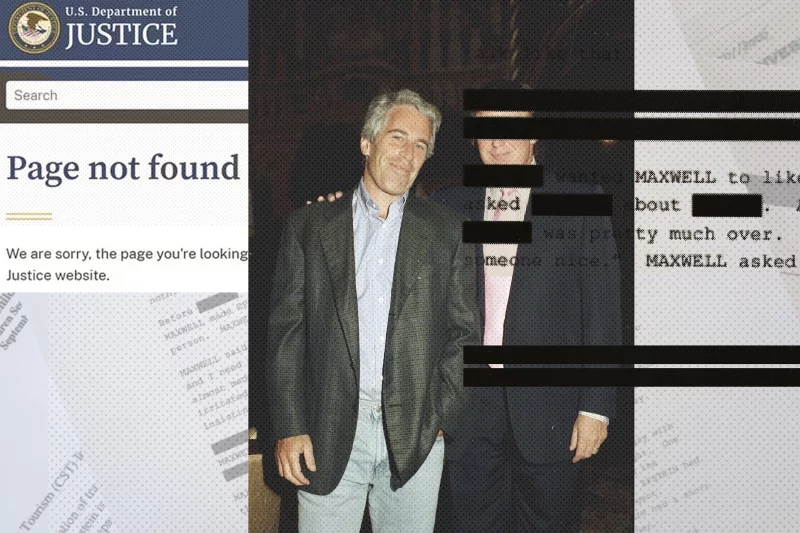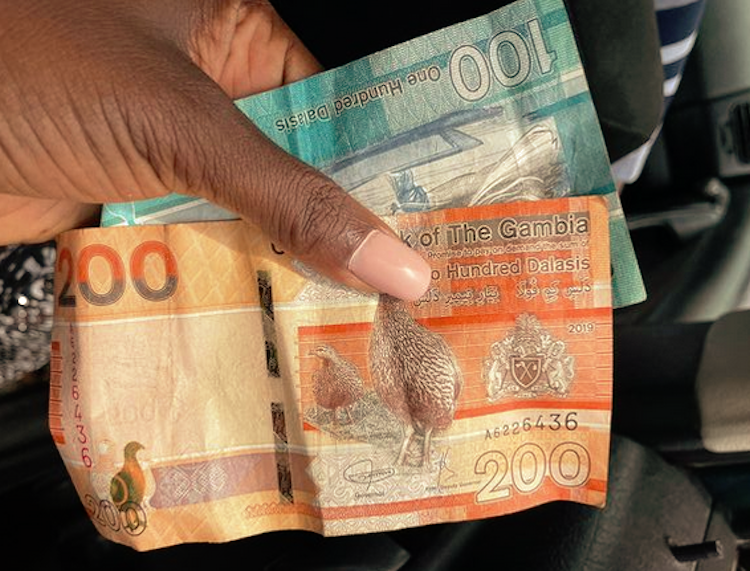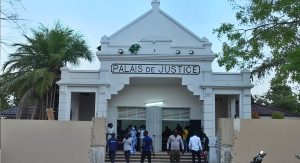Gambiaj.com – (BANJUL, the Gambia) – The recent press conference held by the Central Bank of The Gambia, led by Governor Buwa Saidy, provided a sobering look into the current state of the nation’s economy. The Monetary Policy Committee’s review of both domestic and global economic conditions offers a clear snapshot of the challenges and opportunities ahead.
However, beneath the surface of encouraging growth figures and stable foreign exchange reserves lie deeper, more troubling issues that need to be addressed with urgency and prudence.
The Gambian economy has shown resilience, with a growth rate of 4.8% in 2023, and a projected increase to 5.7% in 2024.
This upward trajectory, driven by a robust services sector and increased construction activities, paints a picture of progress. Yet, the cracks in this facade are becoming harder to ignore. The nation’s domestic debt has ballooned, rising from $41.3 billion in December 2023 to $42.1 billion by June 2024.
This steep increase, particularly in short-term government securities, should raise alarms rather than applause.
The reliance on short-term debt instruments is a ticking time bomb. With nearly half of the domestic debt stock maturing within a year, the government is setting itself up for a cycle of refinancing that could become increasingly unsustainable.
The sharp rise in Treasury bill yields, from 6.1% to 10.4% within just a few months, is a clear indication that borrowing is becoming more expensive. As debt servicing costs escalate, the strain on public finances will only intensify, potentially crowding out essential spending in areas like infrastructure, education, and healthcare.
Governor Saidy’s optimistic projection of economic growth in 2024, while admirable, does little to ease concerns about the sustainability of this growth. The balancing act between spurring economic expansion and reining in inflation is delicate.
The Central Bank’s strategy of tightening monetary policy to combat inflation could inadvertently stifle the very growth it seeks to promote. This is particularly true for sectors like construction and services, which are heavily reliant on borrowing. The risk of an economic slowdown, exacerbated by external factors such as geopolitical tensions and commodity price volatility, looms large.
Moreover, the apparent stability of the dalasi, which in reality experience constant depreciation against major currencies, should not lull policymakers into a false sense of security.
The Central Bank’s foreign exchange reserves, though sufficient for now, are not inexhaustible. Relying on these reserves to prop up the dalasi could prove disastrous if faced with an unexpected shock, such as a sudden drop in tourism revenue or remittances. The recent decline in foreign exchange market activity further hints at underlying issues that could disrupt this fragile stability.
What is needed now is a shift in focus. The Central Bank and the government must prioritize long-term solutions over short-term fixes.
Diversifying the nation’s debt portfolio by issuing longer-term bonds would help mitigate the risks associated with short-term securities. Fiscal consolidation, aimed at reducing the deficit and curbing the growth of domestic debt, is also crucial. This will require tough decisions on spending cuts and enhanced revenue collection.
On the monetary front, a more balanced approach is essential. Instead of abrupt interest rate hikes that could choke off growth, the Central Bank should consider gradual adjustments that allow the economy to adapt. At the same time, addressing supply-side constraints—through investments in infrastructure, agriculture, and energy—could help reduce inflationary pressures without solely relying on monetary tightening.
Finally, the focus on export competitiveness and regional cooperation cannot be overstated. By improving the quality and diversity of Gambian exports and exploring regional monetary policies within West Africa, the government can create a more resilient economy less susceptible to external shocks.
While the Central Bank’s recent policies have kept the economy on a steady course, the underlying vulnerabilities must not be ignored. The path to sustainable growth and stability requires a strategic rethinking of both fiscal and monetary policies, grounded in long-term resilience rather than short-term gains. The stakes are high, and the time for action is now.










